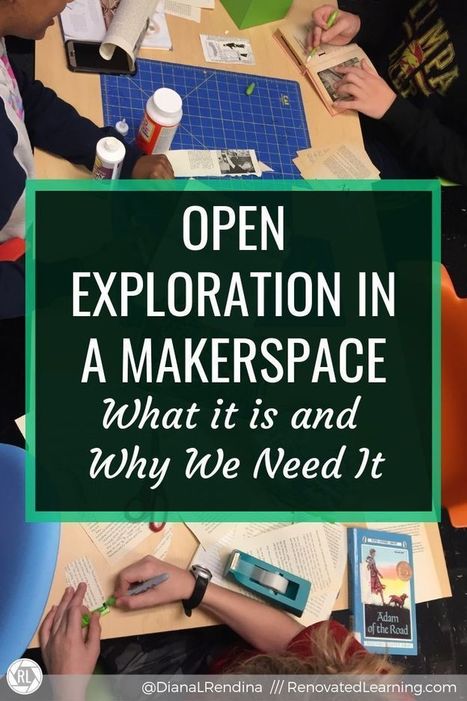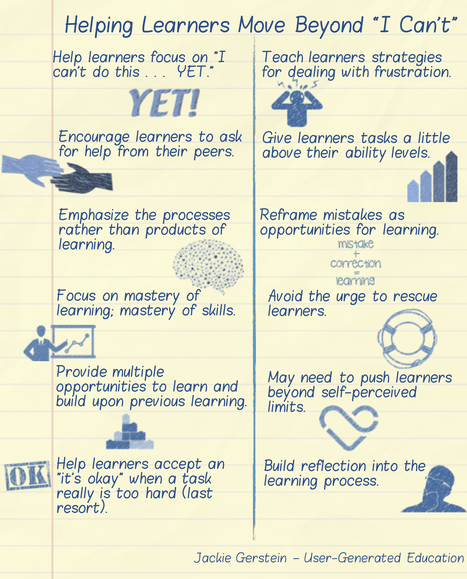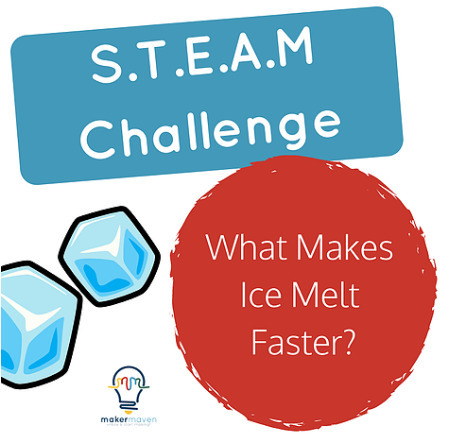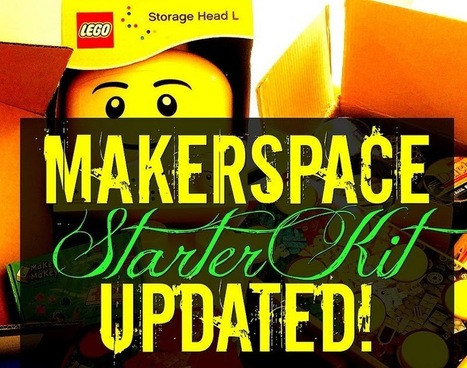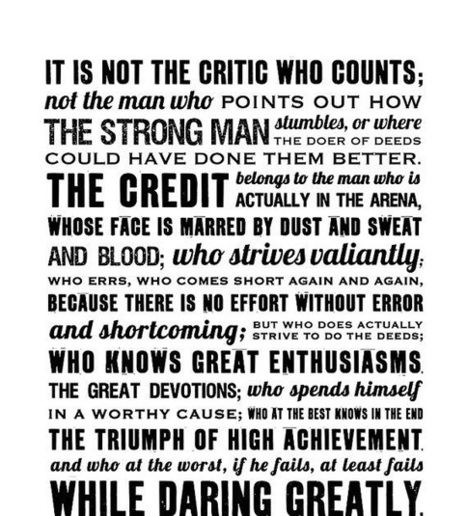In a thriving makerspace, there is a balance. Design challenges allow students to work together on a similar theme coming from a design prompt. The challenge creates constraints, but not necessarily structure. Workshops are focused more on learning a specific skill. Usually everyone makes a similar project. There is more guidance and structure to these activities, much like guided projects. Open Exploration, on the other hand, is a time with little structure. Students can express their voice in choosing what tools and materials they use, what they want their projects to be. What they make could be practical or whimsical. It could be for a class or it could be a way to express their fandoms. Ideally, a makerspace should have a balance of open exploration, workshops and design challenges, although the proportions of each can and should vary depending on school culture and programs.
Research and publish the best content.
Get Started for FREE
Sign up with Facebook Sign up with X
I don't have a Facebook or a X account
Already have an account: Login
Professional learning in a glance (or two)!
Curated by
John Evans
 Your new post is loading... Your new post is loading...
 Your new post is loading... Your new post is loading...

Amrika Nicole's curator insight,
December 10, 2017 7:18 PM
Module 2: Conceptualizations of Giftedness and Talent The power of "yet" in schools and growth mindset is taking off. This year I have created a bulletin board with commonly used phrases that students have used and have changed them to the growth mindset phrase that would go along with it. I think before you can expect your students to have this growth mindset the staff has to believe and use it too. We have spent part of a PD talking about phrases that we use as teacher to make them growth mindset. |
|




